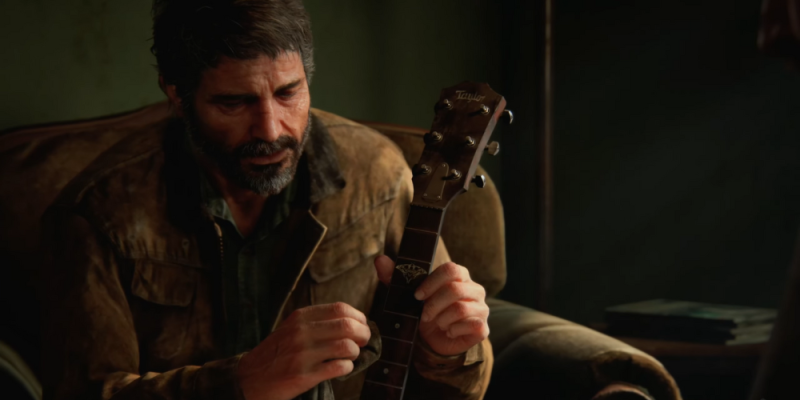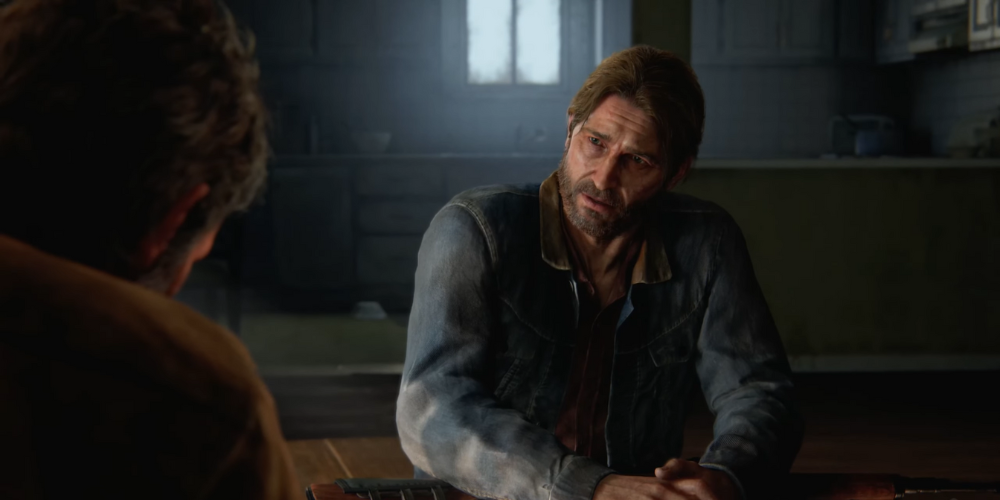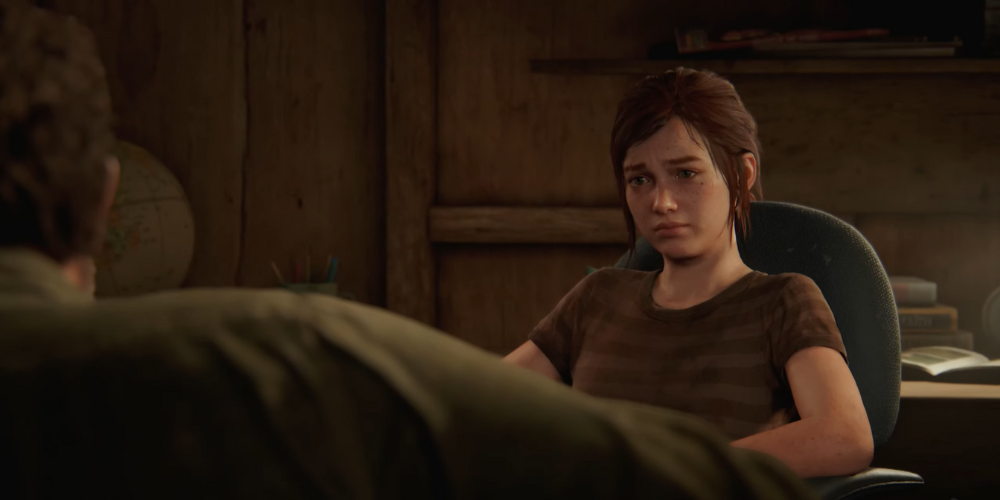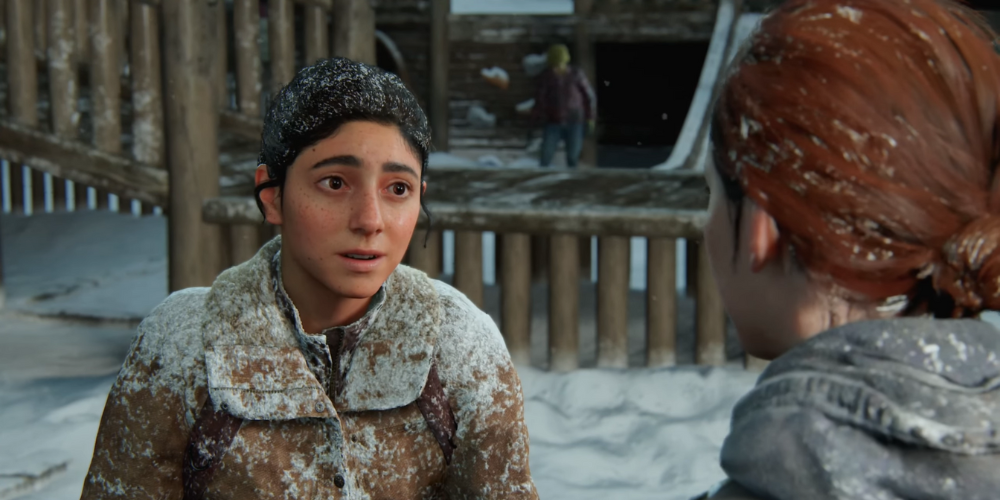The Psychology of The Last of Us Part II Characters
2024-12-17

In the realm of video games, one often encounters narratives that are rabidly thought-provoking. They upturn the expected and introduce players to brand-new worlds while providing stimulating and, at times, challenging themes to grapple with. The ability of games to engage players' minds on a deeply intellectual level is frequently overlooked, yet it can pack a surprisingly potent punch.
Among the myriad of video games that convey profound narratives, "The Last of Us Part II" from Naughty Dog is a perfect example. This game has initiated a silent revolution in the sphere of video game storytelling. It adeptly interweaves a compelling narrative, bridging the divide between gaming and immersive storytelling to deliver a comprehensive narrative experience. This transformative approach to narrative establishment is simultaneously innovative and pioneering in the gaming domain.
The visual execution of "The Last of Us Part II" often claims the limelight, and rightly so. Its graphics are noteworthy in their attention to detail and photographic realism, providing players with an almost tangible atmosphere in which to explore. From sun-dappled forests to dilapidated cityscapes, each visual element is painstakingly created and remarkably lifelike. The game's aesthetics, however, only serve to bolster its fundamental strength – an elaborate narrative.
However, it's not just the stunning visuals that have caused this game to gain worldwide acclaim. The heart of the game lies in its characters – their stories, their emotions, and their development. With a myriad of complex personas, each bearing its distinctive psychological profiles, the game enables an intricate emotional journey. It invites players to delve deep into the mindset of these characters, adding depth to the interaction and gameplay mechanics.

Throughout the awe-inspiring narrative of "The Last of Us Part II," players immerse themselves in character exploration. Ranging from survival instincts that underscore their desperate fights in a post-apocalyptic world to their pursuit of revenge, reflecting the numerous sacrifices and regretful decisions characters make. The game also dives into their moral dilemmas, subtly questioning traditional beliefs and perspectives on right and wrong.
Moreover, it allows players to explore the capacity for empathy within these personas. Amidst the ruin and conflict, flashes of empathy subtly enhance the characters' depth and relatability. Besides, their quest for forgiveness permeates through the narrative, thus making each character's journey a tale of redemption and closure.
In conclusion, "The Last of Us Part II" portrays the realm of video games in a compelling and thought-provoking fashion. It not only revolutionizes storytelling in gaming but also provides an in-depth analysis of intriguing psychological profiles of the characters. As we join them in their pursuit of survival, revenge, moral dilemmas, empathy, and forgiveness, we experience a narrative that truly transcends the traditional boundaries of gaming.
Survival Instincts: Living on the Edge in a Post-Apocalyptic World
"The Last of Us Part II" thrusts its characters into a harsh, post-apocalyptic world where survival is everything. This desperate environment radically redefines what is 'normal,' and the instinct for survival becomes paramount. Throughout the sprawling landscapes flushed with dangers, each character has their resilience put to the test.

Ellie, the protagonist of the game, is an exemplary example of this heightened instinct for survival. She is not a traditional hero but rather a survivor molded by the harrowing conditions of her world. Born into a world already ravaged and on the brink, Ellie learns from birth to adapt, evolve, and survive.
Although Ellie is young, she displays a remarkably mature understanding of survival psychology. Demonstrating resourcefulness in problem-solving, she learns to make use of whatever scarce resources she can find. Whether it's scavenging for supplies, crafting makeshift weapons, or making strategic use of her environment during combat, Ellie's resourcefulness never fails to shine through.
Adaptability, another survival skill that Ellie masterly portrays, ensures she thrives in constantly changing environments. From dense, infected-filled urban areas to open, unnerving wilderness, Ellie learns to adapt her strategies depending on her situation. This adaptability extends to her approach in dealing with enemies – whether she chooses stealth or direct combat depends on her understanding of her surroundings.
Resilience, another key hallmark of Ellie's survival instincts, is ever more evident in the game. The physical hardships she endures are matched and arguably surpassed by her emotional ones. The loss of loved ones, betrayal by allies, and relentless pursuit by enemies all take a toll. Yet Ellie's determination and indomitable spirit allow her to press on, venturing deeper into the chaos to achieve her goals.
Throughout the game, Ellie's survival instincts are continually pushed and tested. Threats are never more than a moment away, and she learns to react rapidly and appropriately. She develops an uncanny ability to read her surroundings, concealing her emotions where needed to maintain a strategic edge.

At times, her survival instincts necessitate making extremely tough decisions—ones that could mean life or death for her and her loved ones. These decisions, often made under intense pressure, highlight the dire circumstances of her world and further underline the motifs of survival and sacrifice in the game.
In the brutal world of "The Last of Us Part II," survival permeates every aspect of the game. As we follow Ellie's journey, we witness a character who is continuously honing her survival instincts—learning, adapting, and pushing forward, regardless of the threats she faces. Her journey is a testament to the heights of human resilience, adaptability, and resourcefulness.
The Cost of Vengeance: The Power and Pitfall of Revenge
Revenge fuels many of the key character arcs throughout the game. Abby, one such character, is propelled by a singular quest for revenge against Joel, who she believes is responsible for her father's death. While Abby's profound anger and singular focus on revenge is a powerful drive, it also blinds her to alternative paths and potential relationships. Paradoxically, her vengeance-laden journey serves as both her motivating force and her undoing—depicting the psychological toll of revenge.
The Complexity of Morality: Emotional Struggles of Right and Wrong
Amidst the fight for survival, characters in The Last of Us Part II grapple with their morality significantly. Joel, a pivotal character, makes morally ambiguous decisions that resonate throughout the game. His choice to save Ellie at the cost of humanity's potential cure is a striking reflection of moral complexity. Simultaneously, it engages players to contemplate on the relativity of right and wrong—highlighting the game's profound exploration of morality and ethics.
Understanding Empathy: A Human Connect Amidst Chaos

Despite the chaotic world around them, the characters' ability to show empathy towards one another plays a crucial role in the narrative. Ellie's evolving relationship with Dina, marked by deep empathy, is notable. Their shared traumatic experiences forge a bond of empathy, enabling them to share each other's pain and give comfort. This narrative thread demonstrates how empathy can bloom even amidst discord and become a source of strength and hope.
The Power of Forgiveness: Healing and Moving Forward
Forgiveness serves as a recurring theme within the game, often juxtaposed with revenge. Ellie's struggle to forgive Joel for his past deeds is a significant narrative arc. The game brilliantly portrays how focusing on revenge can stifle the healing process, whereas forgiveness, though difficult, often leads to growth and moving forward.
Conclusion: The Human Condition within a Gaming Narrative
The Last of Us Part II goes beyond the typical confines of video gaming, presenting complex psychological themes within its narrative. Its characters, each carrying their psychological burdens, illuminate the intricacies of the human mind—highlighting survival instincts, exploring the double-edged sword of revenge, illuminating the complexity of morals, unveiling empathy's power in chaos, and unveiling the healing power of forgiveness.
Naughty Dog's masterpiece showcases that games, like literature and film, can probe into the human psyche, unlock hidden depths, and stir emotional discussions. Hence, The Last of Us Part II stands as a profound exploration of what it means to be human in an unforgiving world.






